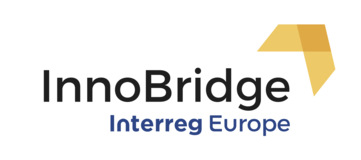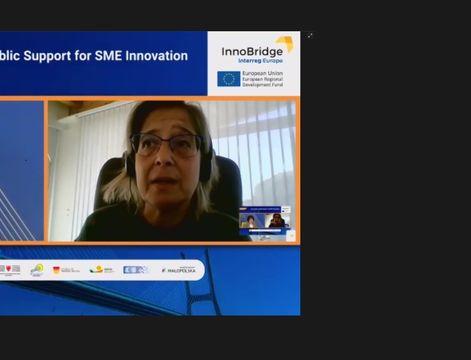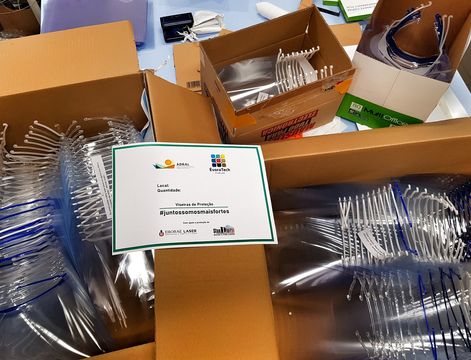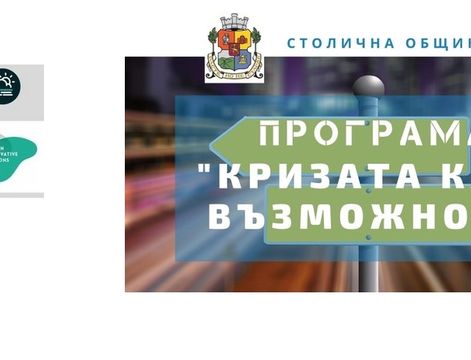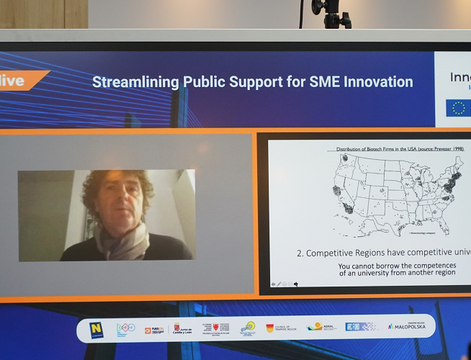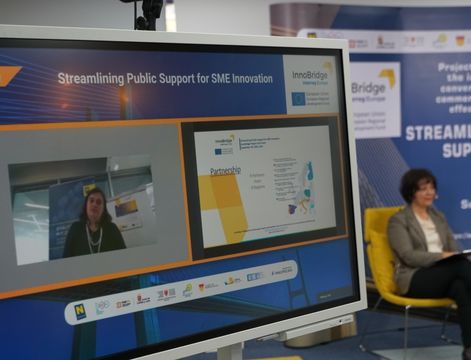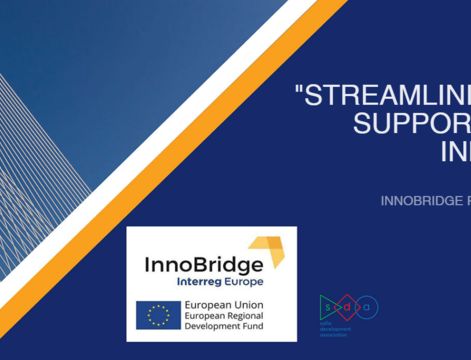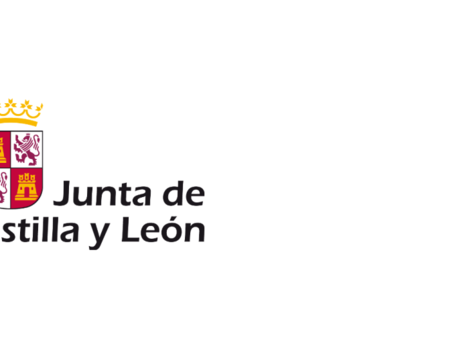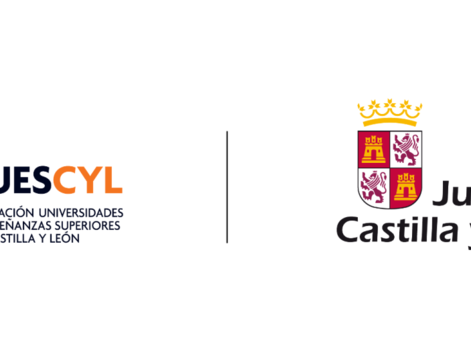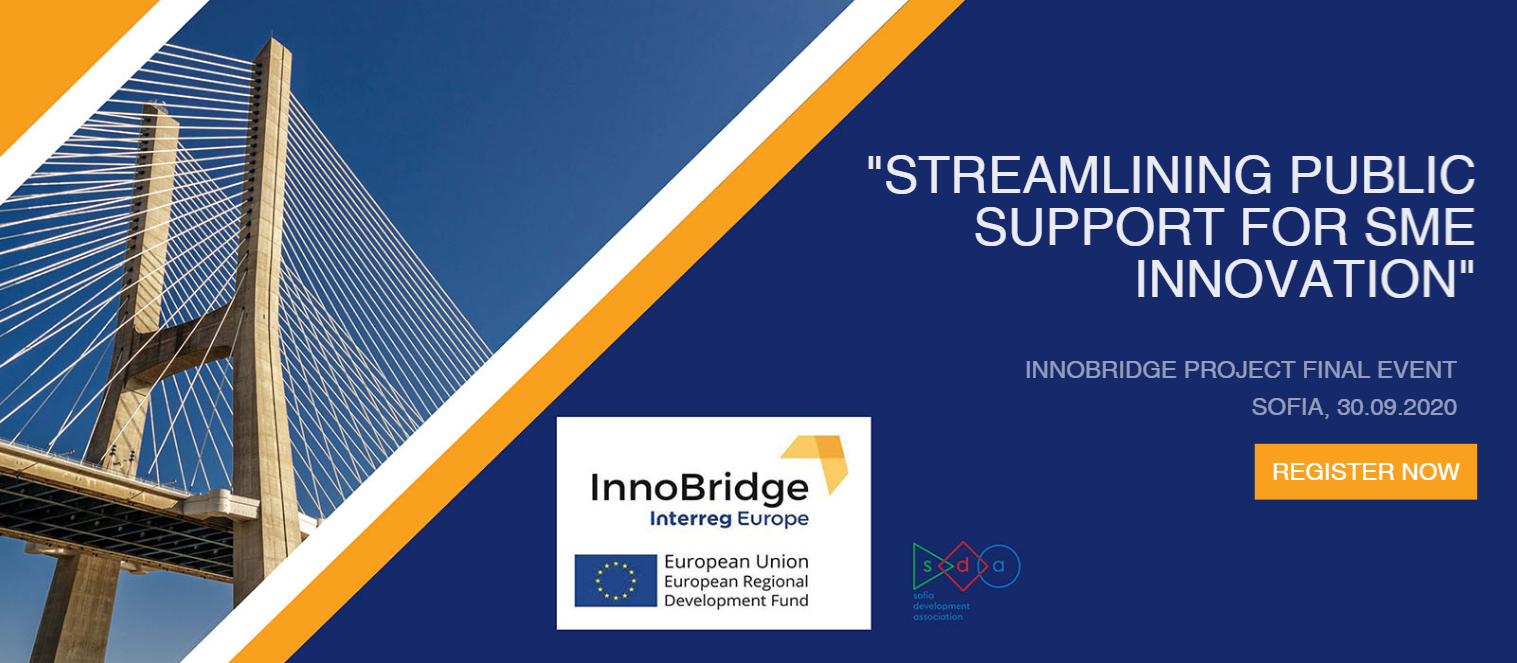Good Practices are one of the core features of the Interreg Europe projects because they constitute an important aspect of the interregional exchange of experience; it is in fact also through the Good Practices of the other regions that partners learn about other partners’ measures on innovation and other ways to implement those measures.
By now, within the InnoBridge project 21 Good Practices have been identified and selected and are waiting for the final approval by the Joint Secretariat.
How did the process of identification within InnoBridge take place? The process went through different phases and each one of them had a specific aim. The phase we would like to highlight here is the Capacity Building Workshop on the Good Practices which was held during the Innobridge 6th Interregional Learning Workshop (ILW) in Valladolid (Spain) in November 2017: the speed dating sessions revealed themselves an efficient and interesting tool to learn more about the Good Practices.
The Good Practices discussed during the speed dating had been identified and pre-selected at previous ILWs. The first step was the identification of the Good Practices: every partner region identified, sharing it with the local stakeholders, the Good Practices present in their region. These were then presented and submitted to the InnoBridge partners during the ILW meetings dedicated to the Peer Review analyses. On these occasions, they were then evaluated by the partnership: those pre-selected were ready to be described by the proposing partner region in more details and presented then in a deeper way at the Capacity Building Workshop.
The Capacity Building Workshop had a previous preparation: every partner region had expressed beforehand its interest in the Good Practice presentations and, on that basis, the task leader – Pannon Novum partner from West Transdanubia – organised the speed dating tables. Furthermore, every partner has read the Good Practices’ detailed descriptions.
On that basis, the workshop took place: it was a one-day workshop which was held in form of face-to-face bi- or multilateral speed dates. 10 speed-dating rounds of 30 minutes each were organised: 103 questions to 18 of the Good Practices were asked and answered.
The 25 participants were very much satisfied with the speed dating rounds. They allowed in fact for more active participation both of the GP provider and interested partners. The interaction and the possibility of posing questions and giving answers on a quick basis, which characterises the speed dates method, led to a good exchange of knowledge and experience.
The interested region had the possibility to ask questions and to go into the details of the practice, trying to understand whether and how it could be transferred in its local context. Furthermore, thanks to this deeper knowledge, each partner could make the final decision on its participation in the Staff Exchanges.
Also for the presenting region the speed rounds revealed interesting: they could better illustrate the proposed Good Practices and had the possibility to receive inputs from the partners.
After the speed dates, thanks to the new knowledge gained, the partners could make the final selection of the Good Practices, based on four criteria: Strategic relevance and innovation, Impact on the community and efficiency, Sustainability, and Transferability (as it was for the pre-selection). All 21 pre-selected Good Practices were approved.
The whole process of identification, sharing, and selection of the Good Practices, and especially the speed dates, increased the knowledge of the measures to the support of innovation of the whole partnership and represented a valuable contribution for each partner region to the thinking of its Action Plan.
